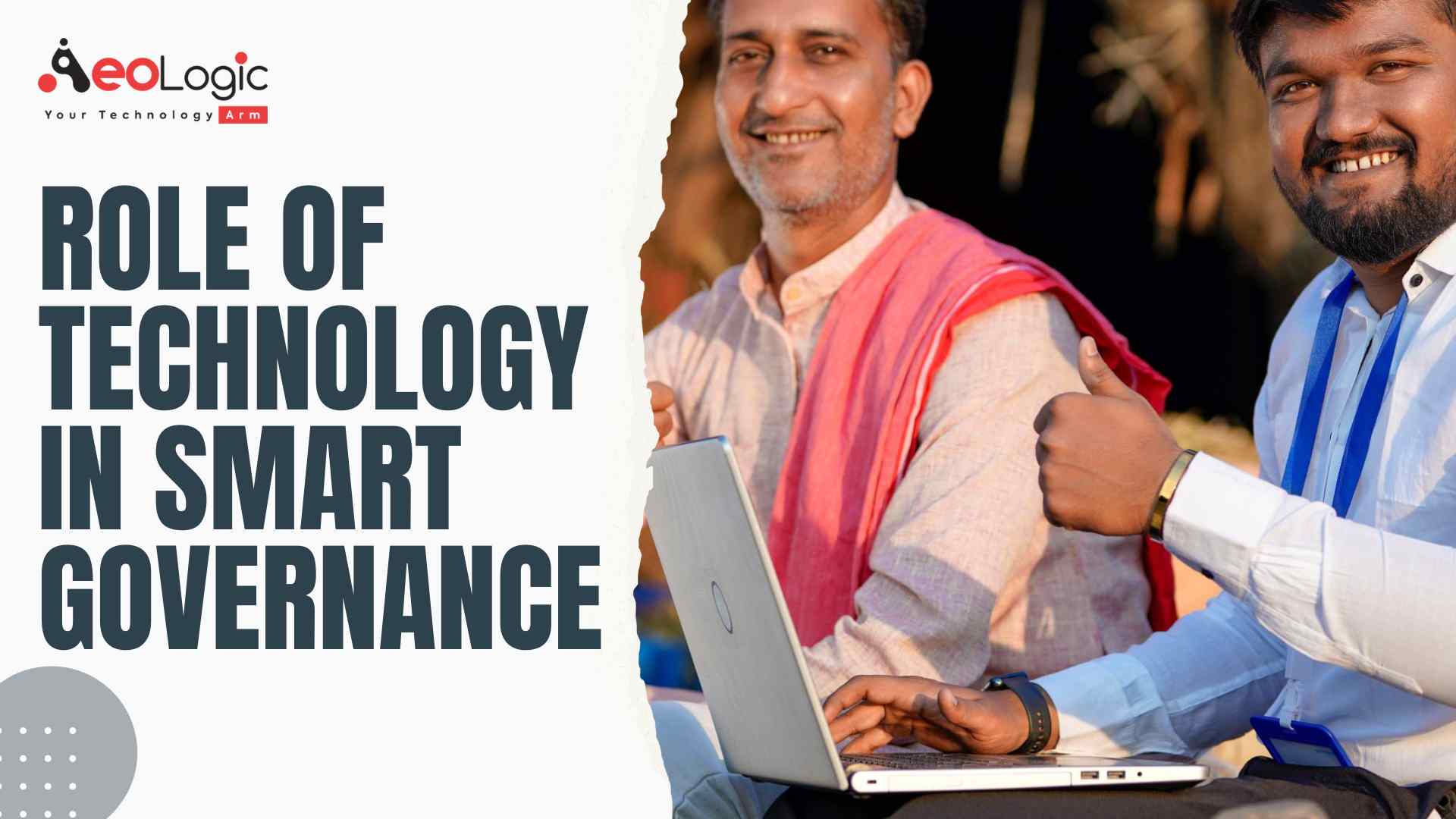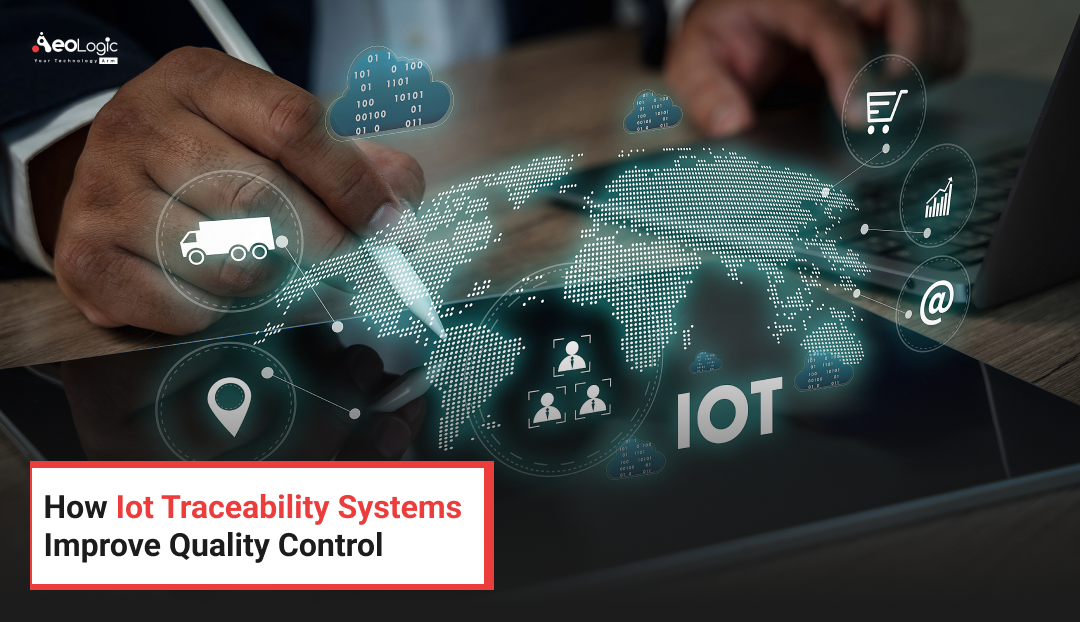Technology is a tool that can be used to increase transparency and accountability in governance. It can help reduce corruption, make public services more efficient and effective, and engage citizens in the decision-making process. In this blog post, we will explore the role of technology in smart governance.
What is Smart Governance?
Smart governance is the use of technology to improve the efficiency and effectiveness of government operations. It can encompass a wide range of initiatives, from developing online portals for citizens to access government services, to using data analytics to improve decision-making, to deploying mobile apps to streamline field operations.
Technology can help governments operate more efficiently and effectively, and better serve their citizens. By making it easier for citizens to access government services and information, and by helping government employees work more efficiently, technology can help improve the quality and delivery of government services. In addition, by providing government officials with better data and tools for analyzing that data, technology can help them make better decisions about how to allocate resources and solve problems.
Ultimately, the goal of smart governance is to use technology to improve the efficiency and effectiveness of government operations. By making it easier for citizens to access government services and information, and by helping government employees work more efficiently. Smart governance initiatives can help improve the quality and delivery of government services.
Also Read: Role of Information Technology in Business Environment
What is the role of technology in Smart Governance?
Technology plays a vital role in smart governance. It helps government organizations to be more efficient and effective in their operations. It also helps them to better engage with citizens, collect data and feedback, and make informed decisions.
Technology can help government organizations to automate tasks, improve communication and collaboration, and optimize resources. It can also help them to better understand citizen needs and expectations, and make more informed decisions.
Technology can help government organizations to become more efficient, effective, and responsive to citizen needs.
Also Read: Technology Solutions for Healthcare
Examples of Smart Governance
Smart governance is about using technology as a force for good. To solve social problems, improve service delivery, and make government work better for everyone.
Here are some examples of smart governance in action:
- Using data to drive decision-making: Data analytics is being used more and more in the public sector to inform decision-making. By analyzing large data sets, governments can identify trends and patterns that would otherwise be hidden, and use this information to make better decisions about policy, service delivery, and resource allocation.
- Improving service delivery with digital channels: The rise of digital channels has transformed the way governments communicate with citizens and deliver services. By making use of digital channels such as social media, governments can reach a wider audience more quickly and efficiently, and provide services that are more convenient for citizens to use.
- Solving social problems with technology: Technology is being used increasingly to tackle social problems such as poverty, crime and disease. For example, mobile apps are being developed to help people in developing countries access essential services, and data analytics is being used to identify and track social problems so that they can be more effectively addressed.
- Making government work better for everyone: Technology is also being used to make government more inclusive and responsive to the needs of all citizens. For example, mobile apps are being developed to help citizens engage with their local government, and digital channels are being used to increase transparency and accountability. Technology is playing an increasingly important role in making government more effective, efficient and transparent. By harnessing the power of technology, governments can make a positive difference to the lives of their citizens.
Also Read: The Importance of Information Technology in Business Today
The Future of Smart Governance
The future of Smart Governance lies in the hands of technology. With the ever-growing list of technological advancements, it is becoming easier for governments to keep track of their constituents. It can make decisions that are in the best interest of the people. In addition, technology is also making it easier for citizens to be more involved in their government.
As technology continues to evolve, the government will have access to more data. Which will allow them to make better-informed decisions. In addition, citizens will have more opportunities.
The future of smart governance is bright, but it will only be successful if government officials and citizens alike are willing to embrace change and use technology to their advantage.
Also Read: Importance of Information Technology in Today’s World
Conclusion
Technology has definitely played a role in smart governance, making it more efficient and effective. However, there is still room for improvement, and we believe that technology can help bridge the gap between the government and the people. We hope that with continued advances in technology, we will see even more progress in smart governance.
If you are planning to integrate technology into your business, our experts can help you materialize your vision. Please get in touch with us.
Related Blogs:
- How AI/ML Can Change the Public Transportation Industry
- Transforming Business With Digital Technology in the Oil Palm Industry in India
- Importance of Digital Asset Management in the Retail Industry
- How AI is Transforming the Agriculture Industry
- 10 Ways to Use Artificial Intelligence to Improve Business Processes
- The Future of IoT Technology in Convenience Stores
- Building Manufacturing Resilience Through AI and ML

I’m Deepika Pandey, an SEO strategist and content writer with 6+ years of experience. I create SEO-friendly content that drives traffic and engages readers. I combine data insights with creativity to help businesses grow their online presence effectively.





